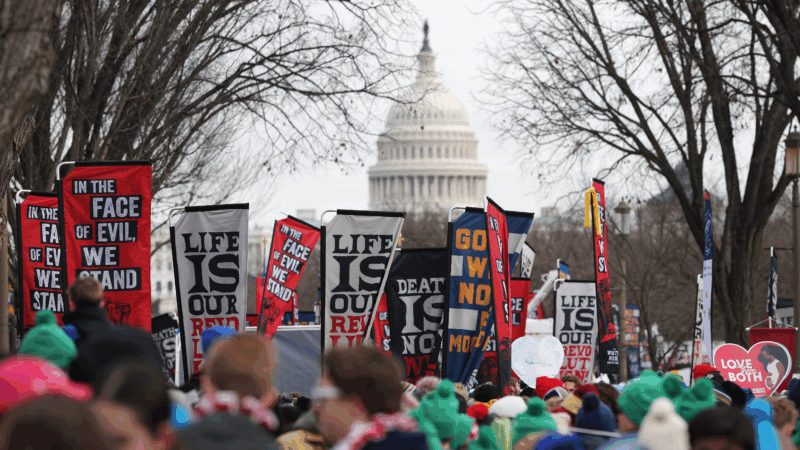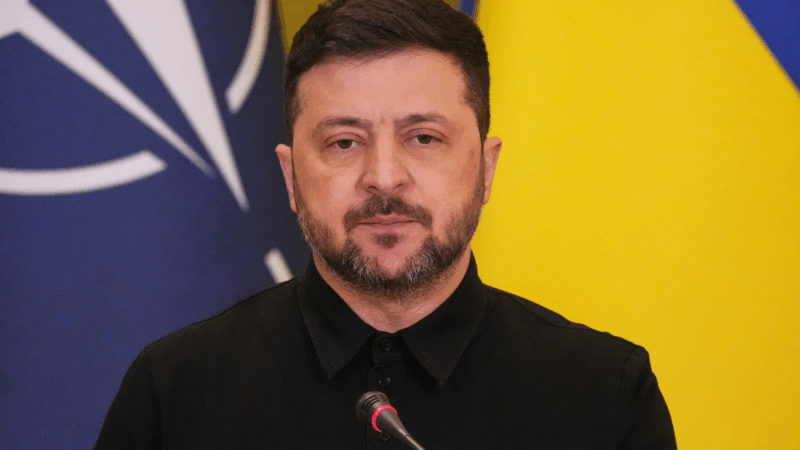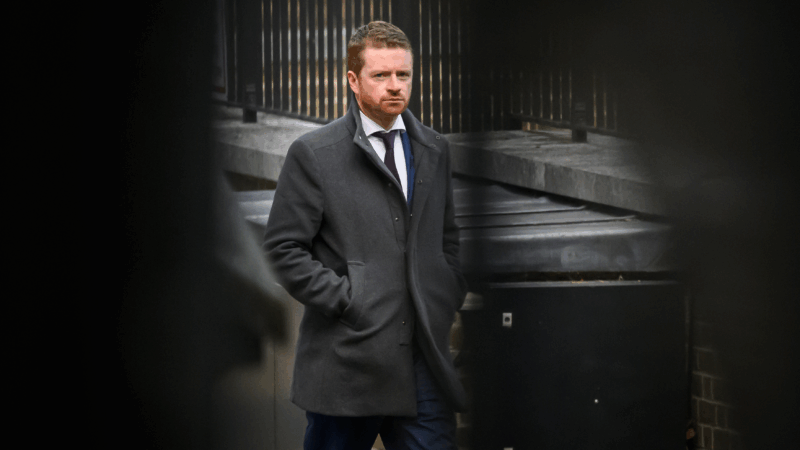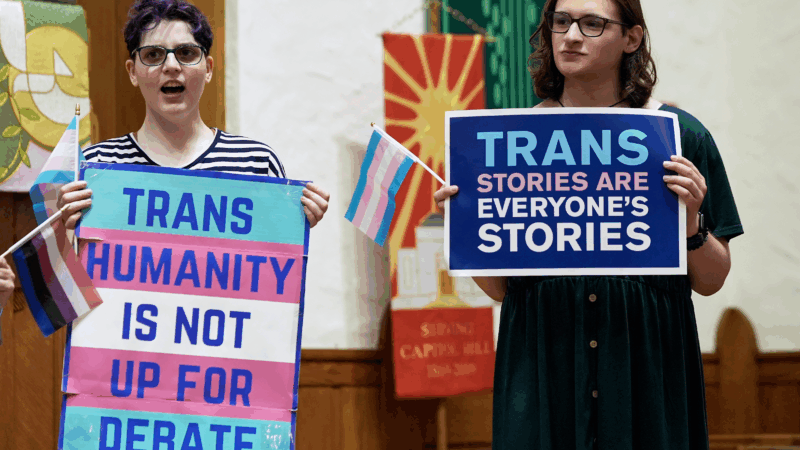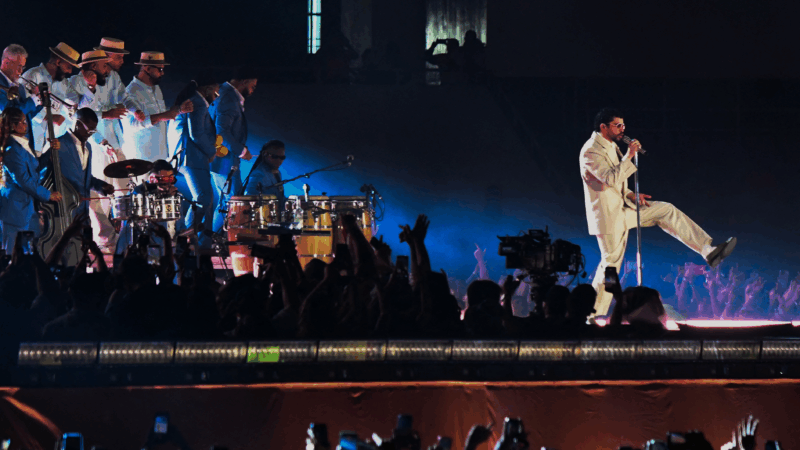Guantánamo plea deals for accused 9/11 plotters are canceled by federal appeals court
In a divided ruling, a federal appeals court panel has canceled plea deals reached with three men accused of orchestrating the 9/11 attacks, deepening the legal morass surrounding the long-stalled case. Lawyers for the defendants, including alleged ringleader Khalid Sheikh Mohammed, are weighing whether to appeal the decision to the full federal bench or the U.S. Supreme Court.
The issue before the U.S. Court of Appeals for the D.C. Circuit was whether former Defense Secretary Lloyd Austin acted legally when he rescinded the plea deals two days after they were announced last summer by a U.S. military court in Guantánamo Bay, Cuba. Austin said the agreements, which would have let the 9/11 defendants plead guilty in return for sentences of up to life in prison, caught him off-guard. He wanted the case to proceed toward a death-penalty trial.
Lawyers for the defendants expressed disbelief that Austin could have been blindsided by the deals, pointing out that plea negotiations had been underway for more than two years. They noted that his own prosecutors have said settlement agreements are the best resolution to the 9/11 case, which has limped along for more than two decades without going to trial.
Defense attorneys also argued that because Austin had given a military court official the power to approve plea deals, he could not rescind the agreements simply because he disliked their terms. Both a military court judge and military appeals panel agreed with that argument and upheld the deals, finding that Austin acted too late and beyond the scope of his authority by trying to reverse them after they were made.
Friday’s 2-to-1 vote by a three-judge panel of the federal appeals court — Obama appointees Patricia Millett and Robert Wilkins, and Trump appointee Neomi Rao — rejected those lower-court decisions. That higher court found that Austin “indisputably had legal authority” to cancel the deals.
Wilkins, who had already indicated in an earlier court filing that he considered the government’s case weak, dissented. Saying he was “befuddled” by his fellow judges’ decision, Wilkins wrote that they were “ignoring and departing from longstanding principles of well-earned deference to our colleagues in the military justice system.” He also wrote that “the government has not come within a country mile of proving clearly and indisputably that the Military Judge erred.”
The defendants must now decide whether to appeal the ruling to the full appeals court, or appeal to the U.S. Supreme Court, or eventually both. Matthew Engle, a lawyer for 9/11 defendant Walid bin Attash, told NPR on Friday that “we’re going to weigh our options, and I’ll meet with Mr. bin Attash next week and we’ll decide next steps.”
To the enormous exasperation of 9/11 family members, the September 11th terrorism case has been mired in “pre-trial hearings” for years while the defendants sit behind bars, legally innocent, at Guantánamo. The case is widely considered impossible to take to trial, in part because the accused men were tortured in secret CIA prisons, resulting in unresolved legal fights over what evidence is admissible and what material is classified.
“I’m really feeling very frustrated, and I’ve reached a point where I’m losing my decorum, in a sense,” said Elizabeth Miller, whose father died in the 9/11 attacks and who supports plea deals, “because the main theme is waiting, waiting, waiting, waiting, and I’m really not sure how this is going to end — if it’s ever going to end.”
But another 9/11 family member, Brett Eagleson, whose father died in the World Trade Center collapse, called Friday’s ruling “a win.”
“We absolutely need a trial, and a plea deal, a plea bargain, would have taken that right away from us,” he said. “As Americans, as humans, we have the right for justice, and that’s how we get the truth.”
If the deals do not go forward, prosecutors and defense attorneys both say the 9/11 case could continue for years more — possibly, according to one defense lawyer, until the year 2050.
The plea deals are sealed, and on Friday the federal appeals court also dismissed a request by a media consortium that includes NPR to make them public. The dismissal, it wrote, came “in light of” its ruling in favor of former defense secretary Austin.
March for Life attendees may have been exposed to measles, DC Health warns
D.C. health officials are contacting people possibly exposed to measles at the March for Life in January, as confirmed cases rise nationwide.
U.S. gave Ukraine and Russia June deadline to reach peace agreement, Zelenskyy says
"The Americans are proposing the parties end the war by the beginning of this summer," Zelenskyy said, speaking to reporters on Friday.
U.K. leader’s chief of staff quits over hiring of Epstein friend as U.S. ambassador
British Prime Minister Keir Starmer's chief of staff resigned Sunday over the furor surrounding the appointment of Peter Mandelson as U.K. ambassador to the U.S. despite his ties to Jeffrey Epstein.
Trump administration lauds plastic surgeons’ statement on trans surgery for minors
A patient who came to regret the top surgery she got as a teen won a $2 million malpractice suit. Then, the American Society of Plastic Surgeons clarified its position that surgery is not recommended for transgender minors.
What you should know about Bad Bunny’s Super Bowl halftime show
Will the Puerto Rican superstar bring out any special guests? Will there be controversy? Here's what you should know about what could be the most significant concert of the year.
Sunday Puzzle: -IUM Pandemonium
NPR's Ayesha Rascoe plays the puzzle with KPBS listener Anthony Baio and Weekend Edition Puzzlemaster Will Shortz.


